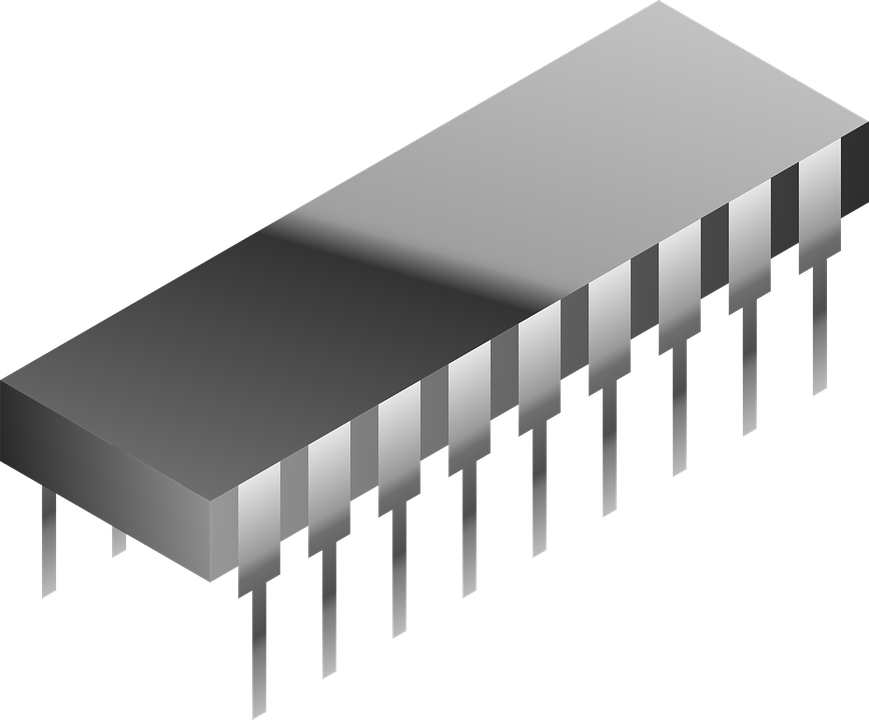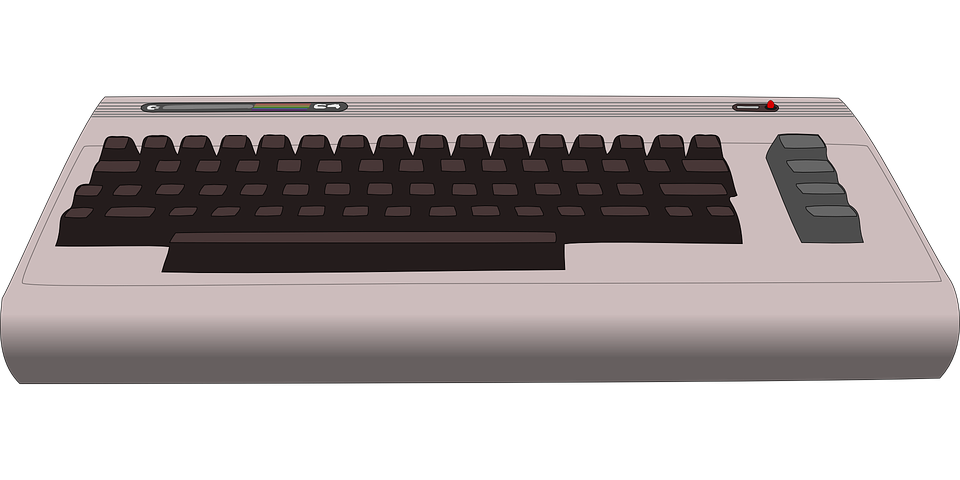ICT
Young people are born into a digital world. Computer games, mobile phones, the internet are all part of daily life for young people from a very early age. Technology changes rapidly so it is important that young people get the opportunity to use up-to-date hardware and software. ICT is concerned with the handling of electronic information and involves creating, collecting, storing, processing, presenting and communicating information in a variety of ways for a variety of purposes.

Part of UAH’s philosophy is to help pupils live effectively in a highly technological society and as a result the ICT and Computing Department aims to:
- Introduce pupils to a variety of computer software
- Expose pupils to innovations in technology and communication systems
- Give pupils an opportunity to reach their potential in ICT
- Encourage pupils to take an interest in and enthusiasm for ICT
- Promote high standards to encourage pupils to develop pride in their work
- Support pupils in producing work presented to a high standard
- Help pupils to achieve success at their level which in turn should help to develop a positive self-image
- Enable pupils to develop the skills of using ICT safely and responsibly in a safe learning environment
- Enable pupils to extend their learning beyond the school environment
- Extend and enhance learning across all areas of the curriculum
- Develop skills in the use of ICT and the ability to apply these skills in a range of curricular contexts
- Encourage pupils to select and use ICT appropriate to the task
- Give pupils access to a variety of sources of information
- Instil in pupils a sense of confidence, achievement and enjoyment
The department is staffed by 5 specialist teachers and lessons are taught in well-equipped rooms.
- Mrs T Jukes (head of Department)
- Mr H Green ( 2nd in Department)
- Mr A Logie (IT & Media)
- Mr J Svarc (IT)
- Mr T Chenery (IT & Media)
ICT is a compulsory subject and all students are given the opportunity to succeed and progress. The reasons and advantages of studying ICT are:
- It can enhance and enrich pupils’ learning across the curriculum
- It provides pupils with teaching and learning experiences not readily accessible elsewhere
- It provides a vehicle for the development of pupils’ creativity
- It can motivate and enthuse pupils
- It can empower pupils, develop self esteem and promote positive attitudes to learning
- In today’s society, pupils need to develop ICT skills in order to access relevant information and become economically aware and active
- It gives pupils immediate access to high quality learning materials
- It has the flexibility to meet the individual needs and abilities of each pupil catering for both weak and high achievers
- It promotes access for pupils with learning difficulties
- It offers potential for effective group work and collaborative learning
- It supports different types of learners – audio, visual and kinesthetic
- ICT encourages personalised learning
- ICT encourages originality and creativity

Key Stage 3 Overview
In year 7 and 8 students are taught a variety of ICT and Computing skills and each year group study ICT for 1 hour a week. The department also runs a weekly Computer Club for key Stage 3.
Year 7 lessons will cover the following topics:
- Term 1 – Introduction to the network
- Term 2 & 3 – Web design using HTML
- Term 4 – E-safety
- Term 5/6 – Programming using Scratch
Year 8 lessons will cover the following topics:
- Term 1 & 2 – Programming using Python
- Term 3 – Graphics using Fireworks
- Term 4 – My Digital World
- Term 5 – Databases
- Term 6 – Computer Systems
Key Stage 4 Overview
All students study ICT in key stage 4 and start their GCSE in ICT in year 9. They have one lesson in year 9, one lesson in year 10 and one lesson in year 11.
Over the three years students will study Cambridge Nationals in IT level 2 which will give them knowledge and skills which are used in businesses and industry. The qualification contains one exam unit which is a written paper and three coursework units.
In year 9 students will complete the mandatory unit ‘Using ICT to create business solutions’. This unit teaches skills that are important in business and students become confident using the Microsoft suite of programmes (Word, Excel, Access, Publisher and PowerPoint) to create business documents and reports.
In year 10 students will spend Term 1 and 2 learning how to create interactive products in the second unit ‘Creating an interactive product using multimedia components’. Once completed they will start the exam unit ‘Understanding Computer Systems’. For this unit students learn about computer systems that are used by businesses and we spend 4-5 months on learning the skills in preparation for the exam in May.
Going into year 11 student will complete the final unit for this qualification which is ‘Creating Digital Graphics’ where they will learn about the use of logos and other graphics by businesses. Once completed they will get the opportunity to improve the units from previous years.
Students are encouraged to attend intervention sessions which are run at lunch and after school in order to catch up with work or improve coursework.

Opportunities in the IT sector
Employment opportunities in the IT sector are huge. The following are example jobs in this sector:
- Software/hardware development
- Games/website development
- Networking
- Software/hardware testing
- IT support
- Cyber security
And in the business side of IT:
- Technology consulting
- Project management
- Technical sales
Industries that employ staff with IT skills are:
- Software and hardware companies
- Games companies
- Technology consultancies
- IT service providers
- Telecoms companies
- Banks and other finance organisations
- Retailers
- Engineering companies
- The public sector

